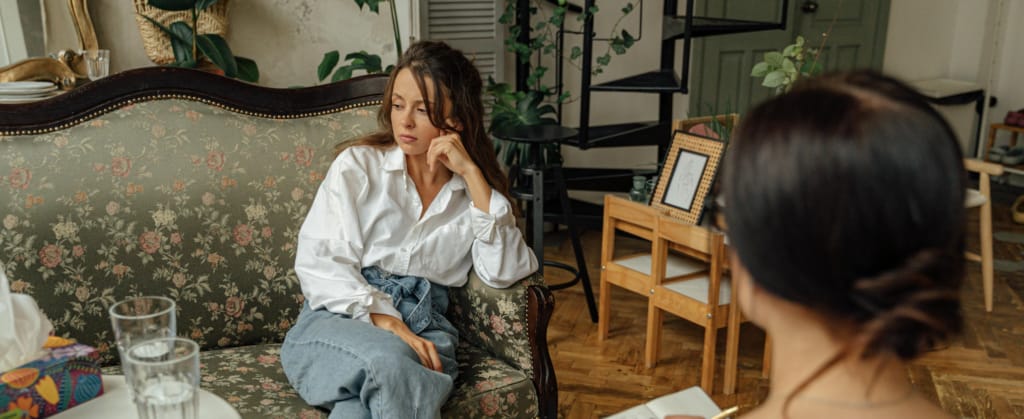For children, adolescents and students it’s all about interpreting ‘new’.
For children, everything they learn is new - changing school and making new friends, for example.
It’s the same for adolescents. Still learning new things but with added thoughts and feelings. Most commonly that they’re out of their depth, or they think they know it all and come a cropper.
With students, there’s the novelty (and pressure) of living away from home, plus the new friends.
But all these new experiences increasingly bring an added pressure that previous generations have never had:
- The isolation of COVID
- Social media comparisons and bullying
- Exam pressure for 11-plus, GCSEs, A levels, and Degree-level - it can be self-imposed, by their peers or parents
- Massive debt early in life - loans for university
- Unsure of their gender.
Someone suffering from anxiety might show one or more of the following traits:
- Hiding away from the world or becoming more reclusive
- Turning down social situations and events they would normally enjoy
- Loss of confidence
- Struggling to get to sleep at night, suffering nightmares or waking up in the night
- Developing obsessive habits such as hand washing, checking locks or touching a certain spot repeatedly
- Harmful behaviour such as excessive nail/skin biting, picking their skin or pulling their hair.
- Developing obsessive habits such as hand washing, checking locks or touching a certain spot repeatedly
- Harmful behaviour such as excessive nail/skin biting, picking their skin or pulling their hair.
They may also find themselves:
- Constantly worried and fearful, often without any specific reason
- Experiencing panic attacks (that is, nausea, breathlessness or an extreme desire be somewhere else)
- Feeling hopeless and dejected by life
- Becoming tearful or very angry at the slightest thing.
- Trying drugs.
What can Cognitive Behavioural Therapy (CBT) and hypnosis do to help?
Whatever’s happening CBT and hypnosis can help you calmly walk away from any situation. Take away the meaning so early years don’t have to be troubled years.
What happens during your CBT sessions
For a start ideally, I like to see you once a week.
We'll work together to break down your problems into their separate parts, such as your thoughts, physical feelings and actions.
So you and I can then analyse these areas to work out if they're unrealistic or unhelpful, and to determine the effect they have on you.
Then you and I can work out how to change unhelpful thoughts and behaviours.
Now, over to you. It’s what you do/practice between our sessions in your daily life - your brain re-training - that determines how quickly and effectively you change for the better in your everyday life.
And what exactly will we agree you do between sessions? It could be as simple as a daily thought diary (how you’re thinking, feeling, acting and what are the triggers), you learning to hypnotise yourself, going for a run - seriously, the difference is powerful (and no, I’m not a PE teacher), and role-playing to name but a few.
All you need to make CBT work
Commitment. Believe in the process. It’s also what I’m here to help you with. Just like a teacher does for a pupil, or a coach with an athlete.
Consistency. Come every week. Let your learnings build week after week. Attendance is in itself a good habit you’re forming.
Confrontation. Face your emotions You may experience initial periods where you're anxious or emotionally uncomfortable. Don’t worry. I’ll help you.
Who am I to talk about CBT?
I’m James Thomas a Cognitive Behavioural Hypnotherapist. I use hypnosis, amongst other techniques, to apply CBT to deal with your stresses, anxieties, drug addiction, alcohol abuse, PTSD, overeating, low self-esteem, eczema, and anger, to name but a few.
I cover all of Lincolnshire with my rooms in Louth and Lincoln.
You can get in touch with me at jamesthomas@thegentlemind.co.uk or call 07787563099.









